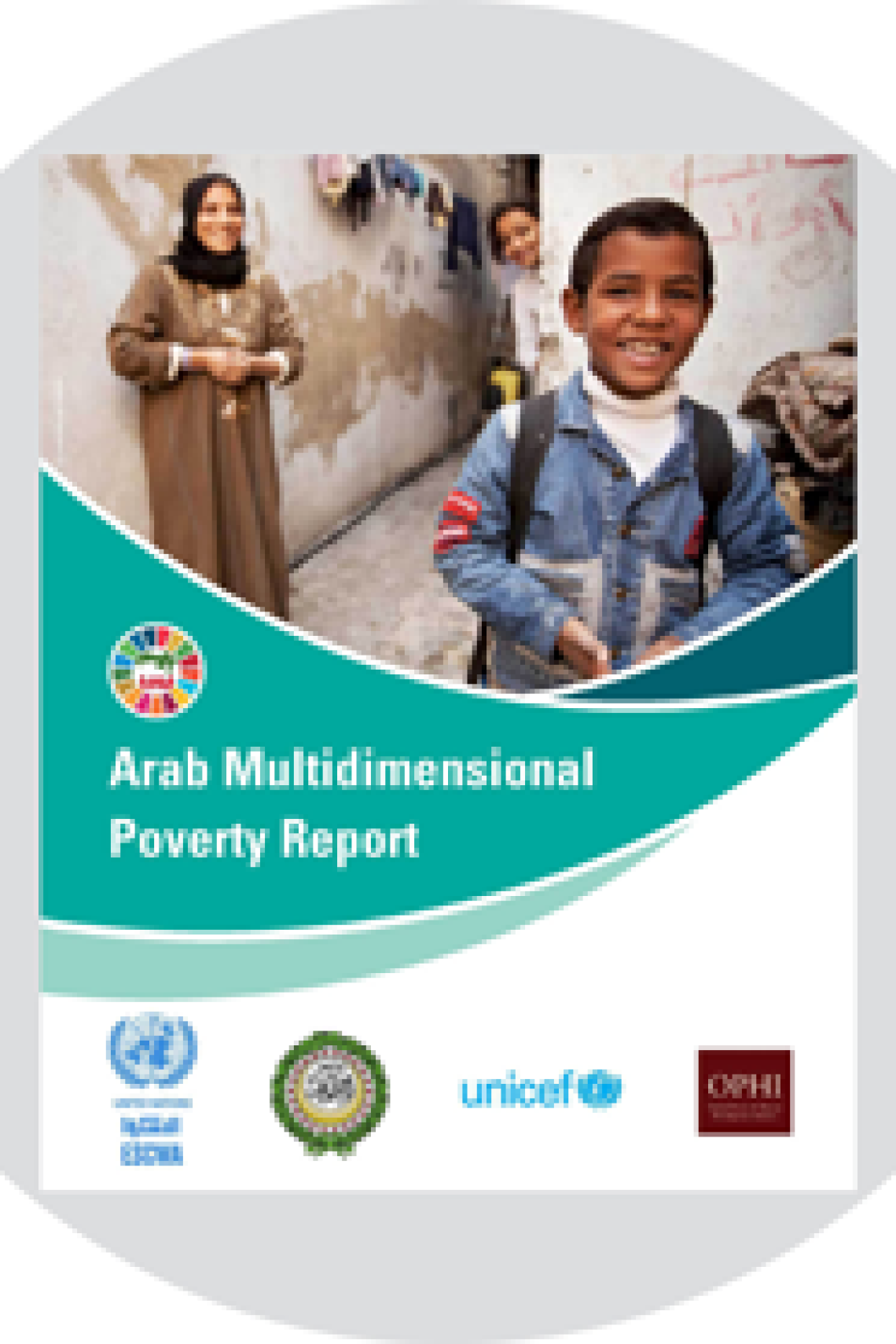First Arab Multidimensional Poverty Report launched
The Oxford Poverty and Human Development Initiative (OPHI) at ODID has produced the first Arab Multidimensional Poverty Report in collaboration with the United Nations Economic and Social Commission for Western Asia (ESCWA), the United Nations Children’s Fund (Unicef), and the Arab League.
The report was launched at the United Nations General Assembly on 21 September.
The report, which covers 75% of Arab population, indicates that 38.2 million Arabs live in acute poverty, and 116.1 million in moderate poverty – that is a staggering 40.6% of the population studied.
The report divides regions into three groups and finds that the poorest countries are Mauritania, Yemen, Sudan, and Comoros. In the poorest countries, 42.6% of households are in acute poverty and nearly three-quarters in moderate poverty (72.7%).
The findings are surprising as multidimensional poverty is also highly prevalent in oil-rich countries. For instance, the findings suggest that more than half of Iraqi families live in poverty.
The Arab MPI recognises female genital mutilation as a deprivation and includes it as an indicator of poverty. Its incidence is mainly concentrated in the following countries: 92% in Egypt, 86.6% in Sudan, 98% in Djibouti, 19% in Yemen.
The report calls for improving educational gaps, social protection, safeguarding children, rural development and establishing an Arab poverty centre, and recommends countries build national MPIs to reflect their needs and priorities.
The Arab Multidimensional Poverty Report is available in English and Arabic.

